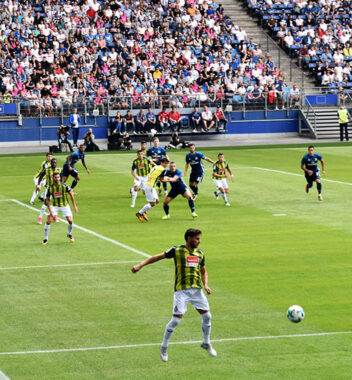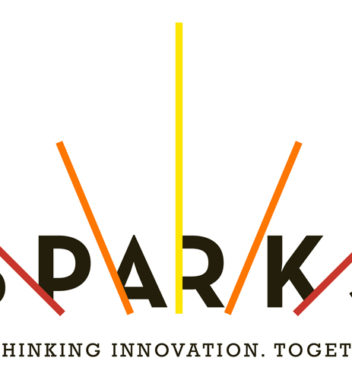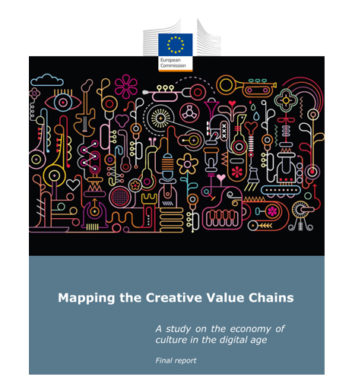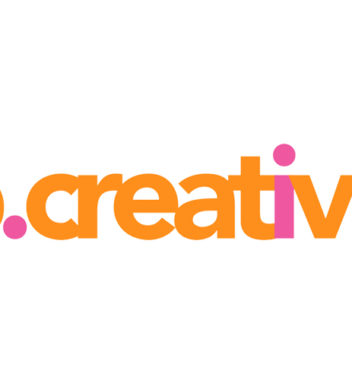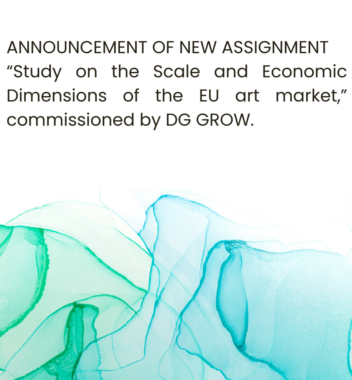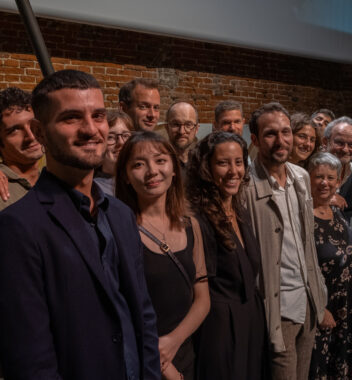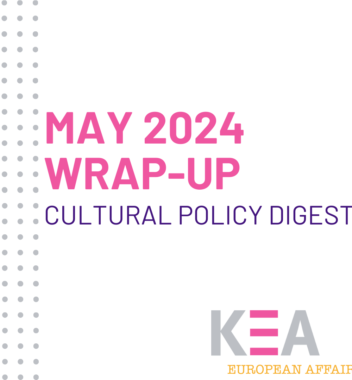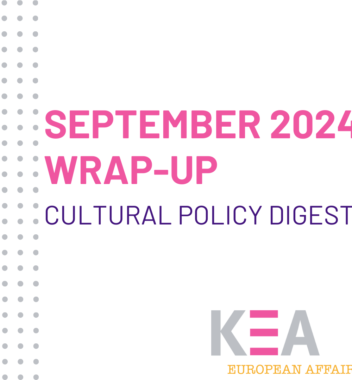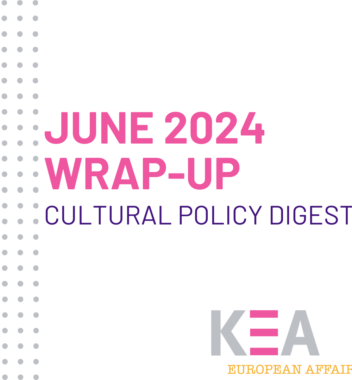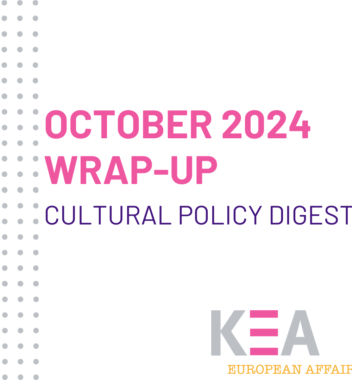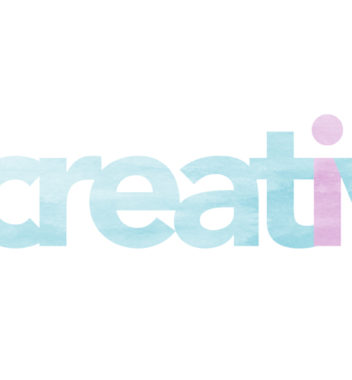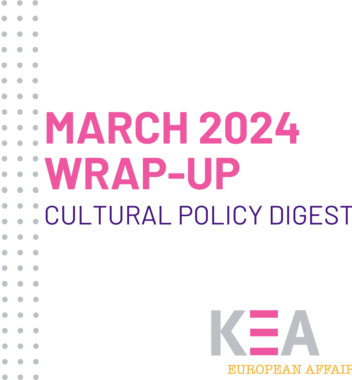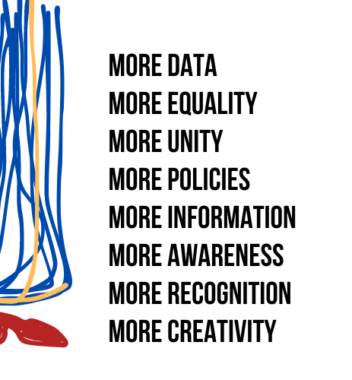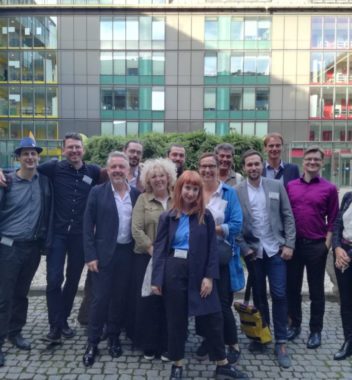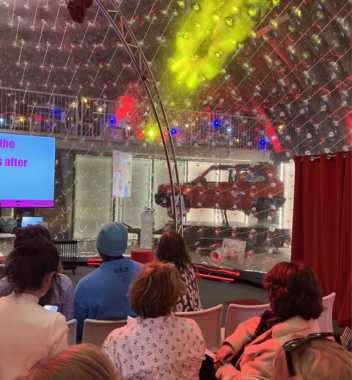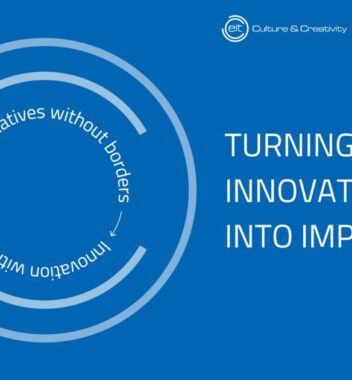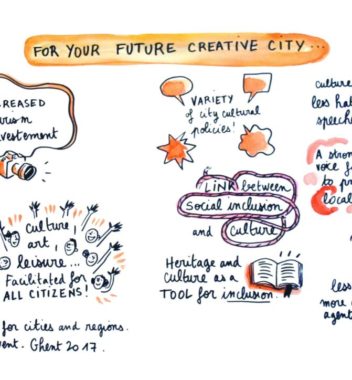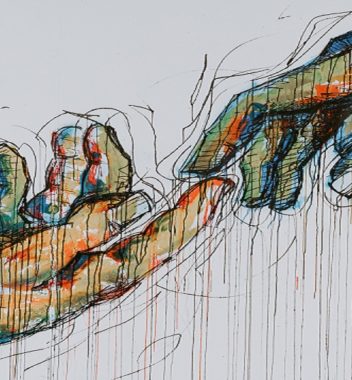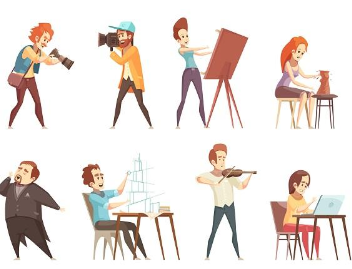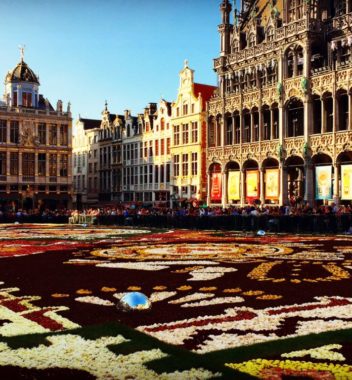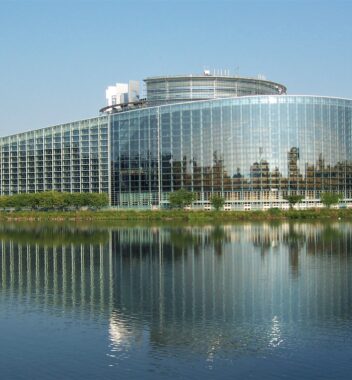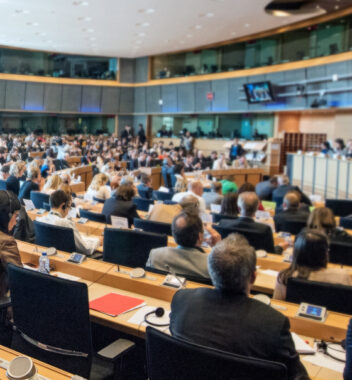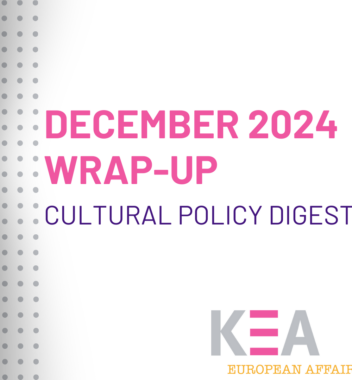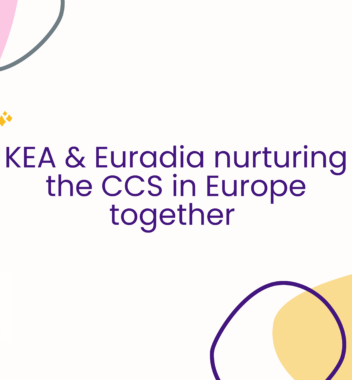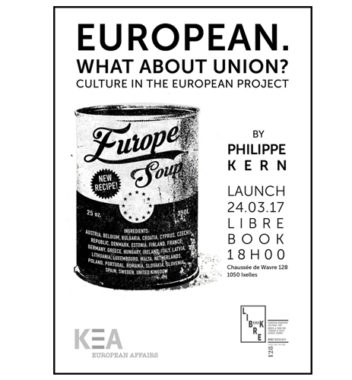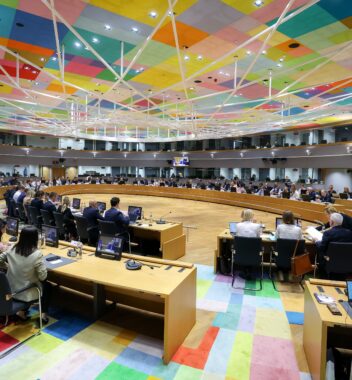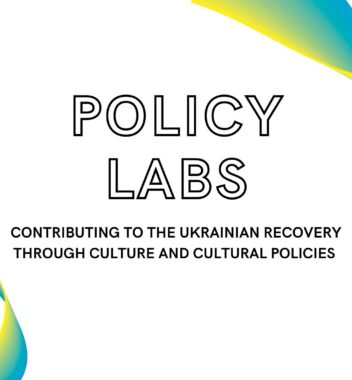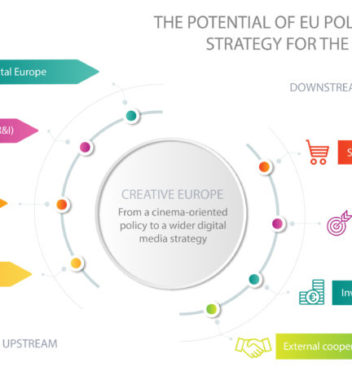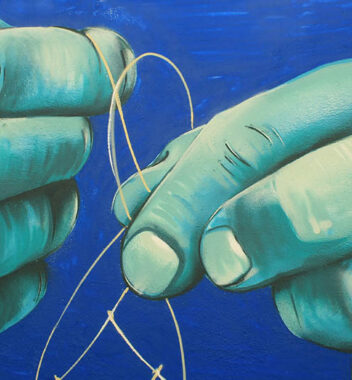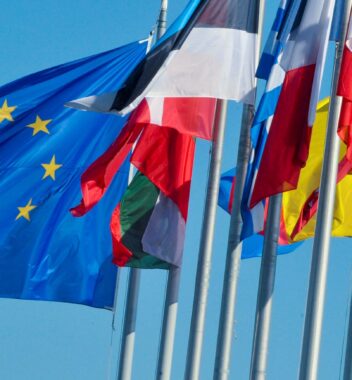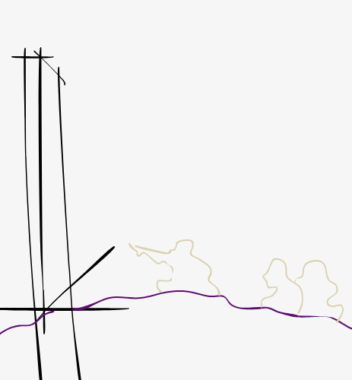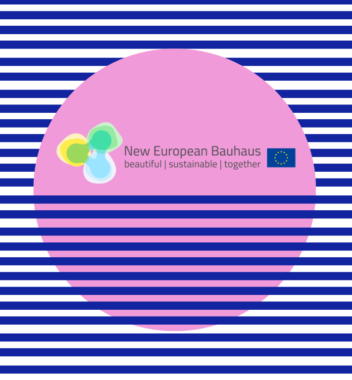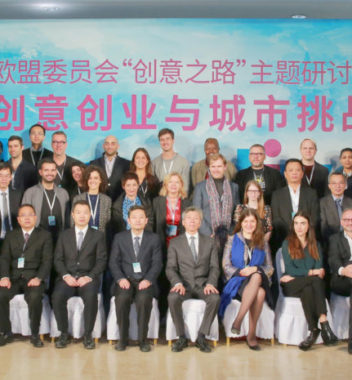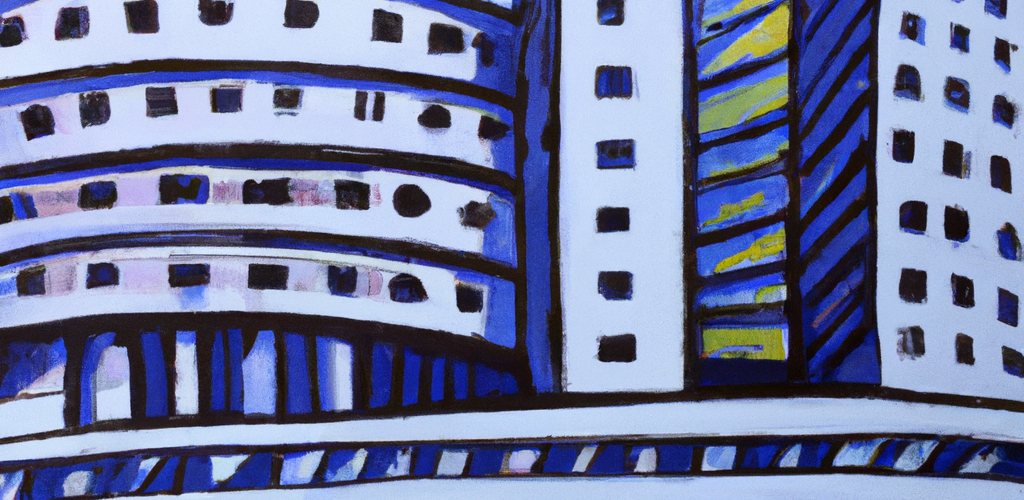
The cultural and creative sector (CCS) is often lauded as a vibrant and dynamic field that fosters innovation, imagination, and cultural expression. The whole CCS workforce in different functions, roles and capacities, spanning from the creative input to technical support, contribute immensely to society’s cultural fabric, fostering democratic values and shaping our collective identity. Within the European Union it is considered essential for the development of social cohesion and economy as well as key for the process of European integration. However, beneath the glimmering surface of artistic brilliance lies a harsh reality that often goes unnoticed – the professional status of cultural and creative sector workers is characterized by precariousness and instability.
While the work produced by these individuals may captivate and inspire, the behind-the-scenes struggles they face are far from glamorous. Many cultural and creative sector workers contend with low wages, limited access to social protections, inconsistent employment opportunities, and a lack of recognition for their contributions or status in most member states. This precariousness in their professional lives poses significant challenges to their financial security, overall well-being, and the sustainability of the cultural and creative industries themselves.
To address these challenges, the committees on Employment and Social Affairs (EMPL) and Culture and Education (CULT) have joined forces to present a legislative initiative. Read the full draft report here.
The goal of this EMPL-CULT initiative is to develop quality standards in areas that are pertinent to the living and working conditions of artists and other professionals in the cultural and creative sectors throughout the EU.
The EP calls on the member states and Commission for actions in the following areas:
- The status of CCS professionals;
- The development of measures to improve CCS professionals’ working conditions, in particular to ensure decent remuneration and fair working practices;
- The effective access of CCS professionals to social security and social protection;
- The improvement of representation for, and the collective bargaining of, CCS
professionals, in cooperation with the social partners; - The facilitation of the coordination and portability of rights across social protection systems and of cross-border mobility in the cultural and creative sectors;
- The integration of higher arts education in the European Education Area, the automatic mutual recognition of diplomas and other qualifications, learning outcomes and study periods abroad in the cultural and creative sectors and the development of training opportunities and career development and transitions for CCS professionals;
- The fight against all forms of discrimination and of gender-based violence and the promotion of gender equality in the cultural and creative sectors;
- The effective guarantee of artistic freedom as part of working conditions for CCS professionals.
- The analysis of the challenges posed by automation and AI-generated content on CCS workers.
The significance of sport and entertainment as relevant sectors and important drivers of cohesion and union within Europe is acknowledged as well.
The drafts report suggests specific objectives and actions. It emphasizes the importance of Member States regularly collecting and reporting data on the current professional status of Cultural and Creative Sector workers. This data should serve as a valuable foundation for developing training programs and guidelines aimed at fostering cooperation and enhancing sector understanding.
The lack of data or understanding of working conditions in CCS is a recurring issue. One potential avenue for addressing this challenge is the establishment of the CCS Observatory, developed as part of the Horizon Europe Cicerone project. This Observatory is specifically designed to collect qualitative data on working conditions in the CCS. By complementing quantitative data with qualitative insights, it becomes possible to capture the full range of spillover effects and added value generated by the CCS. These encompass not only economic dimensions but also social and cultural aspects that often go unaccounted for when relying solely on quantitative data. The implementation of the CCS Observatory would greatly enhance our understanding of the CCS and facilitate evidence-based policy-making in this sector.
Furthermore, the report acknowledges the lack of homogeneity in defining the status of artists and CCS professionals across the EU.
These insights underline the need for a more inclusive and multidimensional approach to understanding the CCS. It calls for a paradigm shift towards recognizing the value of qualitative data analysis and a coordinated effort to establish a more coherent policy framework at the EU level. The draft report is an interesting step in this direction, signaling progress. However, its ability to prompt the European Commission to propose regulatory harmonization in this field remains uncertain, given the ongoing debate surrounding the legal basis of such an initiative.

